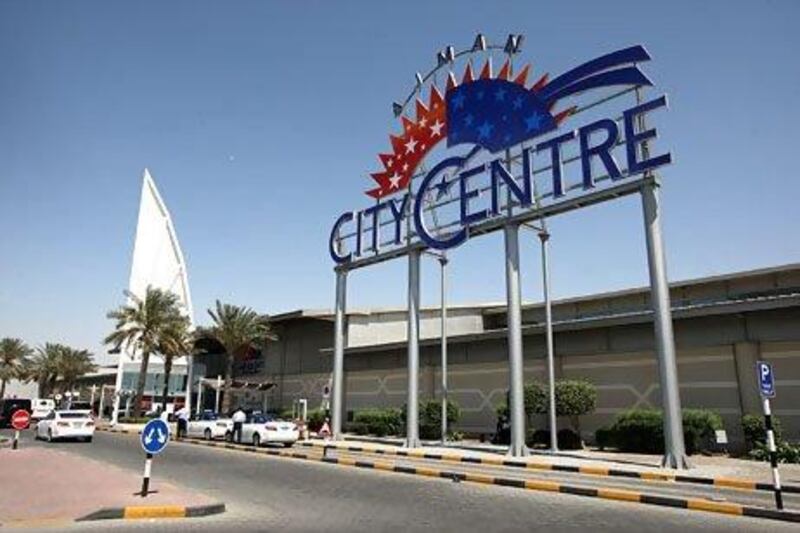Like many Ajman residents, Mustafa Salim learnt to live with the frequent power cuts and expensive electricity bills for years.
Delays in getting his residential building hooked up to the national grid forced him to count on unreliable and costly generators for his power source.
"My previous building used to work on two generators, but when one broke my landlord wouldn't fix it so the other one would get worn out, too," said the 22-year-old student.
But when he moved to a new apartment on the Corniche last year, it took less than a year for the building to be hooked up to the main power source.
He credits the quicker connectivity to improvements in Ajman's power supply.
Better access to utility services is one of the steps taken by the Government to raise the quality of life for residents and businesses in the Northern Emirates.
Last week the President's committee approved grants of Dh243 million (US$66.1m) for education, employment and housing across Sharjah, Ras Al Khaimah and Fujairah.
The investment follows the Federal Government in March 2011 pledging $1.6 billion in infrastructure projects.
Such initiatives have accelerated regionally since instability began to rock parts of the wider Middle East and North Africa more than two years ago.
Although the UAE escaped the unrest, the turmoil cast the spotlight on issues in the region such as happiness, employment and living standards.
Last month, the Government organised the UAE's first Quality of Life Conference in Ajman.
It was aimed at highlighting the extent of its progress in improving the' happiness and well-being of residents.
"We want to develop better communities for people in outlying areas including schools and health centres," Dr Abdullah Al Nuaimi, Minister of Public Works, said at the conference.
"The government's approach is part of a strategy to raise the standard of living for all citizens."
He listed a flurry of investments the ministry was working on, ranging from the development of a new hospital in Ras Al Khaimah to a new mosque in Fujairah.
In Ajman, the infrastructure upgrade is visible in the shiny apartment blocks on the Corniche, a new mall, a clutch of four and five-star hotels that have already opened or are under construction, and new bridges and roads.
Business people talk of less red tape, too.
"The Government has made it easier to run a business, with more support services offered by the Department of Economic Development," says Mohammed Al Sowaidi, an aspiring entrepreneur.
Advisers from the World Bank's Ease of Doing Business report, an annual index of countries, have provided support to the Ajman Executive Council on how to improve the emirate's competitiveness.
Gathered in a fast-food restaurant on the Corniche, Mr Salim and his three friends, from Sharjah and Ras Al Khaimah, agree life has become better in recent years.
But an issue of concern is employment.
Joblessness is generally higher in the Northern Emirates than in other parts of the country, topping more than 20 per cent in Fujairah.
All four will seek jobs in Dubai in the private sector when they complete their interior design degrees at Ajman University.
It will mean having to battle frequent traffic congestion in Sharjah to commute from their homes.
"They have to build more bridges to improve traffic," said Mohammed Hassan, 20, from Ras Al Khaimah.





